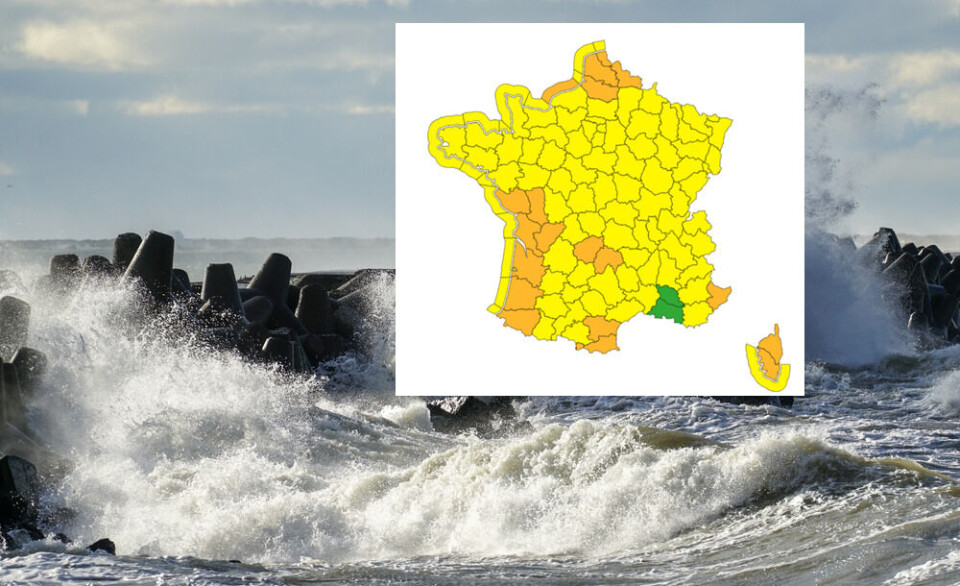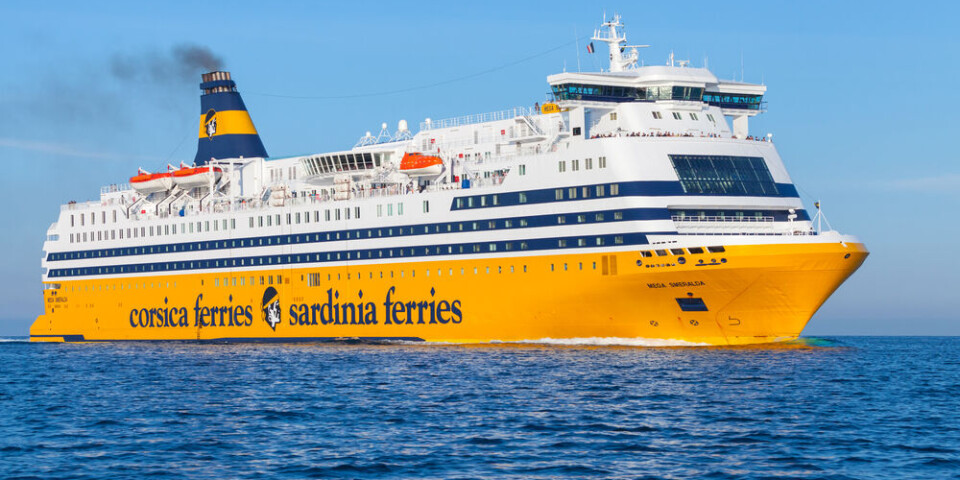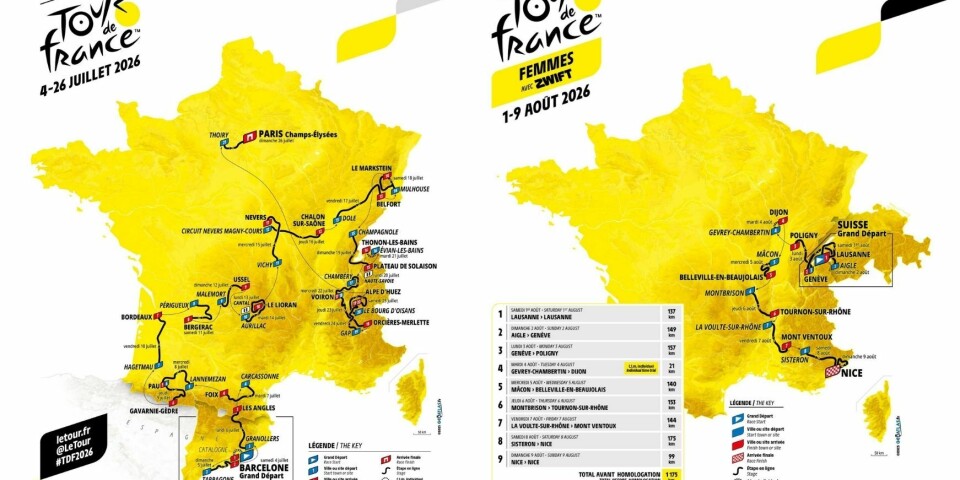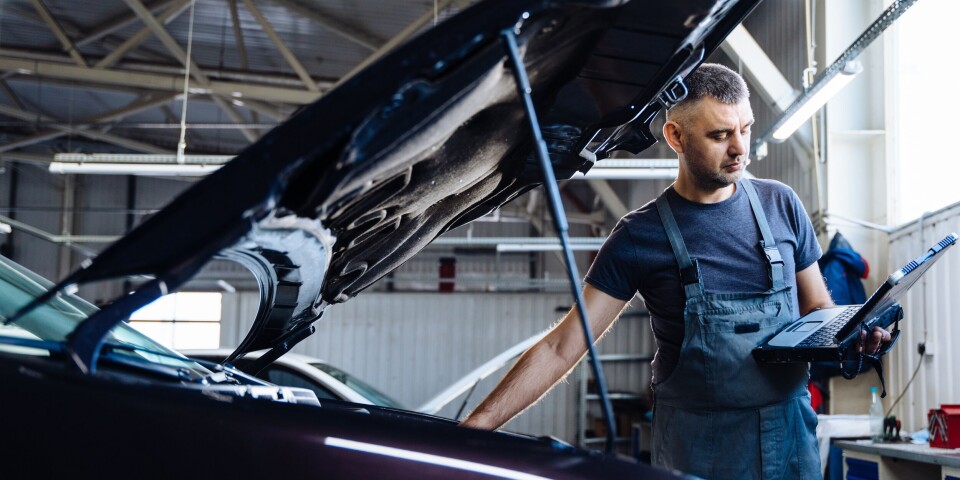-
Post-Brexit boat registration in France - reader solutions
Owning a second-hand boat in France as a UK resident can be complex
-
Buying a second-hand boat in France is 'harder than buying a house'
There are implications surrounding the country of registration and UK VAT
-
Graph: Record international investment in France announced
France is ‘most attractive' European country for investment says government
Old boats get new life as garden cabins
A boatyard has started converting old yachts and motorboats into sleep-in garden cabins.

There was a boom in pleasure boating, starting in the 1960s when polyester-based composite boats –often wrongly called fibre-glass – became popular.
With mass production, hundreds of thousands of the boats were made, and many now lie deteriorating in ports and gardens up and down the country.
Didier Toqué, president of Bathô boatyard near Nantes, said: “The problem is that there is no way to recycle the polyester used to manufacture the boats. Before we started business, it had to be broken up and either buried in landfill or sent to cement factories where it was incinerated, producing toxic gases, neither of which are good solutions for the environment.”
The government has become alarmed at the situation and tougher new regulations, based on the principle of ‘polluter pays’ are due to come into force soon, giving a boost to the re-use idea.
“Our boatyard is socially active,” Mr Toqué said. “We train people who are long-term unemployed or have never been in work, which has helped us get started. Employees sent from Pôle-Emploi usually find work in the boating field after 12 or 24 months with us.”
The boats most favourable for conversion are usually 7-11m long and no wider than 2.6m, which means they can be transported on the roads without special convoy status.
Almost all are given free to the company by owners who do not know what else to do with them.
Converting them starts with stripping out the engine and navigation gear, which gets re-used or recycled.
The stern is then cut off to allow access via a wooden platform, rigging for a horizontal shade is installed, and the interior space is adapted for use according to the buyer’s wishes.
“We have had a few sold as extra bedrooms for people who have garden space, others as a garden cabin, and various one-off uses too: one buyer had his converted into an insulated sound studio,” said Mr Toqué.
Most of the resulting cabins have a floor area of between 15 and 20 square metres, with a shaded wooden deck giving extra living space.
Toilets and plumbing are stripped from the boat but the company proposes separate toilets or showers made from the small cabins found in the middle of many fishing boats.
These can be dry toilets or linked to sewers or septic tanks. The firm also promotes the boats to campsite owners as an alternative to small wooden cabins, and has had a positive response. Usually no planning permission is needed because the re-used boats fall into a legal void.
“Each boat in France has to be sold with registration papers – a bit like the carte grise for a motor car,” said Mr Toqué.
“When it is sold, there are only two options: destroying the boat or keeping it to navigate. Obviously, our old boats don’t navigate but the owners have the papers as if they can.”
The price, which includes transport and installation, is usually between €15,000 and €20,000 per boat, and experiments show they last for between 10 and 15 years before needing another facelift.
























